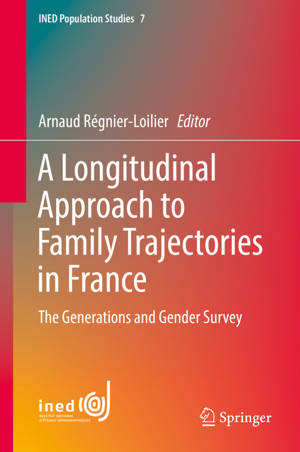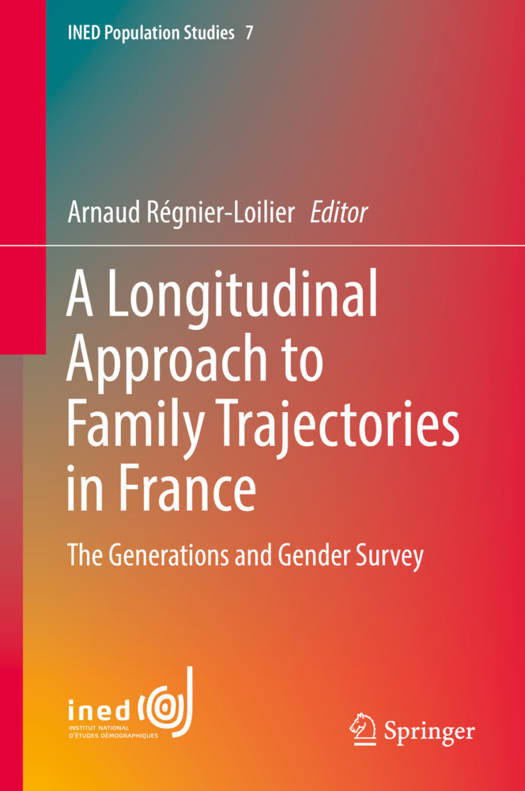
- Retrait gratuit dans votre magasin Club
- 7.000.000 titres dans notre catalogue
- Payer en toute sécurité
- Toujours un magasin près de chez vous
- Retrait gratuit dans votre magasin Club
- 7.000.0000 titres dans notre catalogue
- Payer en toute sécurité
- Toujours un magasin près de chez vous
A Longitudinal Approach to Family Trajectories in France
The Generations and Gender Survey
Description
Adopting a longitudinal approach, this book examines the dynamics of union and family formation in France and its effects on various aspects of life, such as employment, intergenerational transfers, etc. Drawing on data from a survey in which the same respondents were interviewed three times at three-year intervals, the book explores how demographic behaviours are influenced across the life course at individual level and assesses some of their consequences.
The contributors give a clear understanding of how family behaviours are constructed and redefined. They track changes in respondents' lives in order to pinpoint the factors that prevent couples from realizing their fertility intentions, for example, or to identify certain determinants of union formation or dissolution. They also provide a more detailed picture of the changes that shape family behaviours, such as the impact of a birth on the working career or on intergenerational support, and much more.
Usinglongitudinal data from the French version of the Generations and Gender Survey (GGS), this book addresses family and childbearing behaviours dynamically, as processes that interact with each other and with the other components of each individual's life course.
Spécifications
Parties prenantes
- Editeur:
Contenu
- Nombre de pages :
- 265
- Langue:
- Anglais
- Collection :
- Tome:
- n° 7
Caractéristiques
- EAN:
- 9783319560007
- Date de parution :
- 26-06-17
- Format:
- Livre relié
- Format numérique:
- Genaaid
- Dimensions :
- 156 mm x 234 mm
- Poids :
- 562 g

Les avis
Nous publions uniquement les avis qui respectent les conditions requises. Consultez nos conditions pour les avis.





